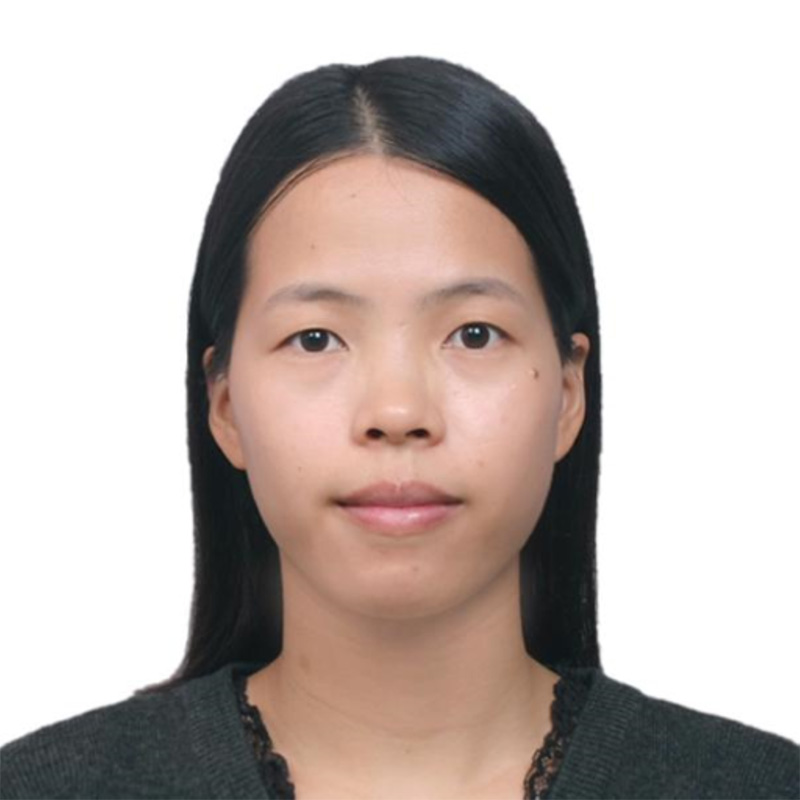
Dr Jieying Liang
Postdoctoral Fellow, School of Chemical Engineering
The University of New South Wales
Dr Jieying Liang is currently a postdoctoral fellow at the School of Chemical Engineering, Faculty of Engineering, University of New South Wales (UNSW Sydney). Dr Liang received her bachelor and PhD degree from Guangdong University of Technology (Guangdong, China) in 2014 and 2019, respectively. Dr Liang’s research interest encompasses metal-organic framework, enzyme immobilization, biocatalysis, nanobionics, biotechnology and environmental technology. To date, she has published 24 peer-reviewed journal articles including 15 papers as the first author mostly in Flagship Journals (11 papers with impact factors >8), gathering >600 citations with 81.2% of her papers are the top 10% of cited papers in the world (SciVal), 100% in Q1 journals (InCites) and an h-index of 14, h10-index of 17 (Google Scholar). These publications include Science Advances, Angewandte Chemie, Advanced Functional Materials, Nano Today, Chemical Science, Small. etc. One of my papers awarded the ES&T Best Paper Award in 2020.
Reticular Chemistry for Improving the Activity of Biocatalysts
Biocatalysis has become an indispensable tool for modern organic synthesis, both in academia and across pharmaceutical and chemical industries. New materials chemistry strategies have been employed to modulate and enhance the enzyme activity, uncovering the frontier of natural enzyme catalysis. The applicant mainly focused on three strategies to enhance the activity of biocatalysts. Firstly, enzyme structure was modulated by physical condition to obtain the optimal conformation, then metal-organic frameworks (MOFs) were employed to rapidly “lock” the activated but more fragile conformation of enzymes. This rapid locking and immobilization of the enzyme conformation in MOFs gives rise to new possibilities for the exploitation of highly efficient biocatalysts for diverse applications; Secondly, hierarchically porous MOFs by controlled structural etching to enhance multienzyme and cofactor-dependent enzyme biocatalysis. The ease, low cost, and potential scalability of the semi-confined strategy makes these hierarchically porous biocatalytic MOF microreactors as promising candidates for diverse biotechnological applications; Thirdly, the multi-enzyme cascades can be programmed in MOFs via a novel peptide-induced MOF super-assembly process, which provide a concept to facilitate the fabrication of next-generation smart materials based on precision chemistry. We expect the continued ingenuity of materials development, as well as the growing power and complexity of protein engineering techniques will provide boundless surprises in the field of biocatalysis.